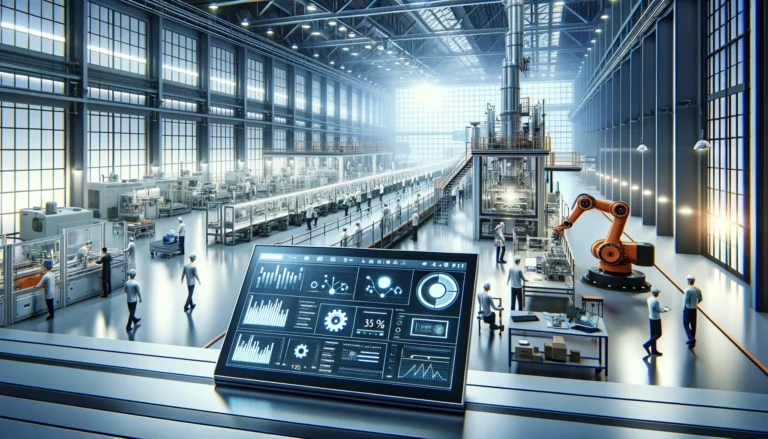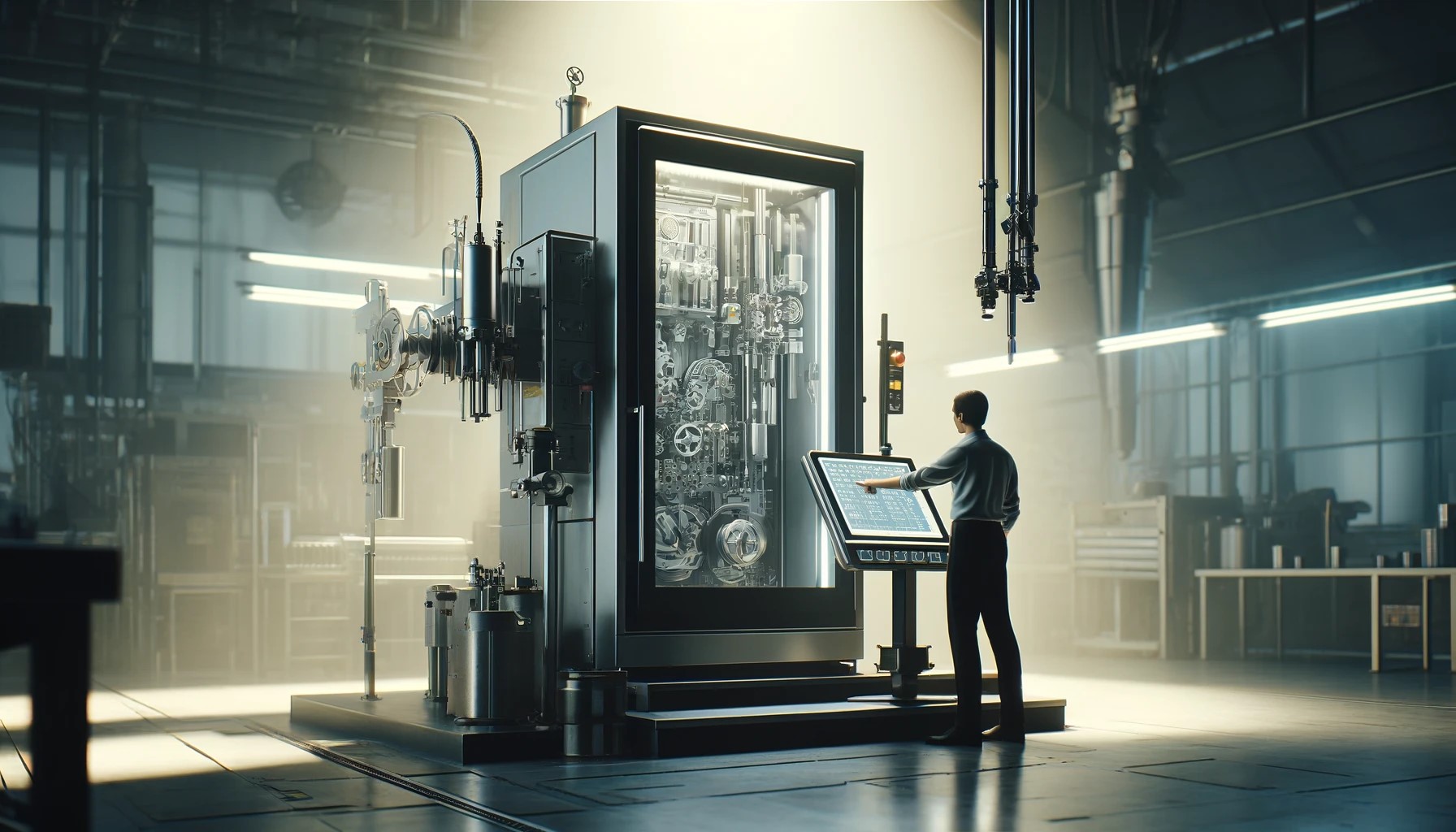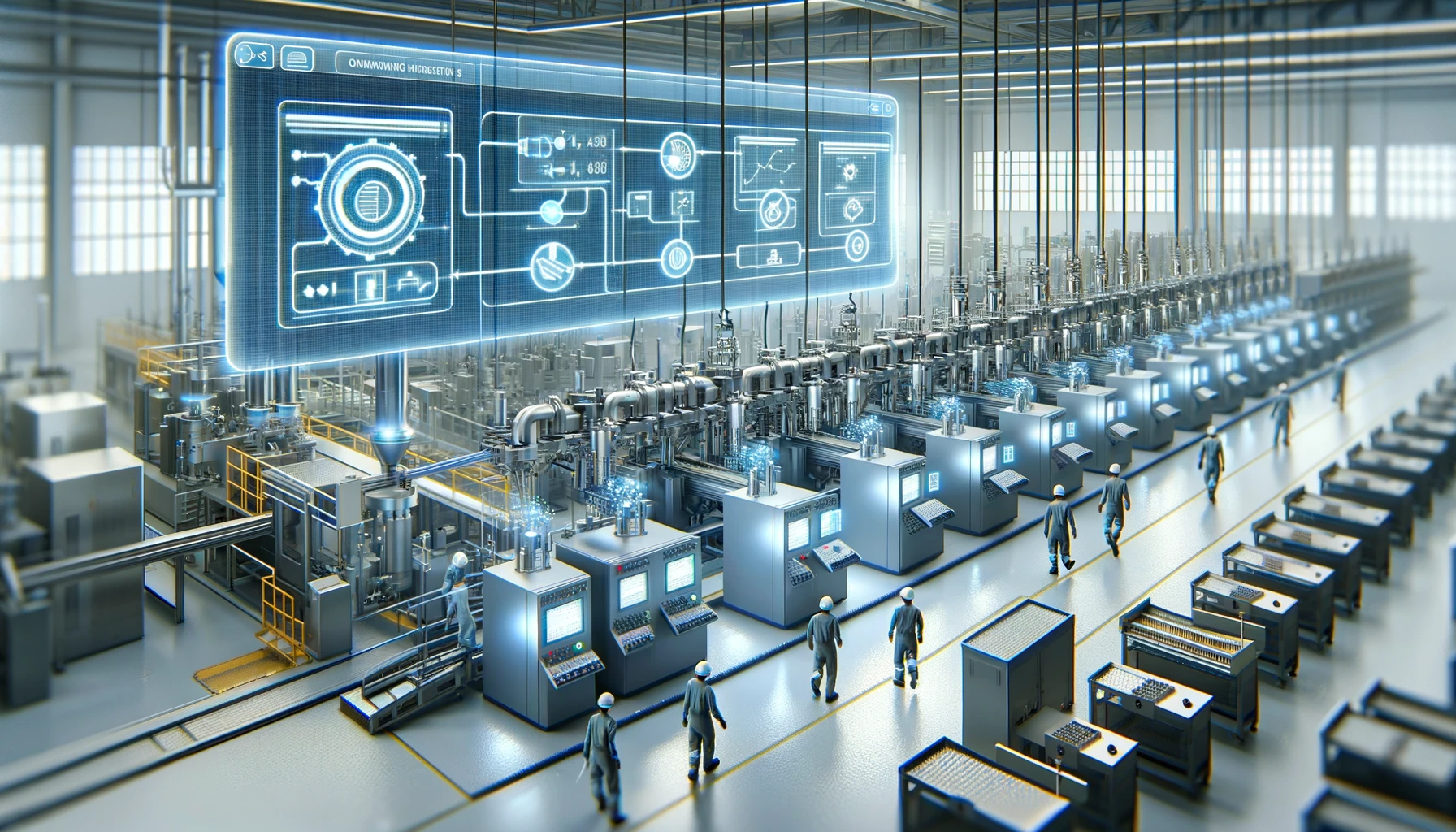In the era of digital transformation, the MES system in industry is a key element ensuring efficient management and optimization of production processes. The Manufacturing Execution System represents an evolutionary approach to the functioning of a production facility. This article delves into what systems engineering is and how, utilizing information technology, MES contributes to increasing efficiency, reducing costs, and improving the quality of production in a modern factory.
What is systems engineering?
Systems engineering is a field focused on creating, integrating, and managing complex systems. The origins of this discipline date back to the 1940s. Back then systems engineering mainly concerned physical solutions, such as airplanes or rockets. Over the years, the scope of systems engineering has expanded to encompass the system as a whole and to include advanced information systems in its definition. Today, systems engineering deals not only with analysis and design but also with the quality assessment of IT systems, combining knowledge from many fields, including:
- Industrial engineering, playing a key role in optimizing production processes;
- Mechanical engineering, essential in the design and production of machinery;
- Manufacturing engineering, focusing on the efficiency of production processes;
- Software engineering, which deals with creating and maintaining IT systems;
- Electrical engineering;
- Cybernetics;
- Aeronautical and space engineering;
- Civil engineering;
- Project management, which is crucial in coordinating teams and resources necessary for engineering projects.
Currently, systems engineering is an interdisciplinary practice that requires collaboration among specialists from various fields. It allows meeting the challenges associated with designing and managing complex systems in the rapidly changing world of technology.
What is the MES system in industry?
The MES, or Manufacturing Execution System, is a key tool in the industry, first introduced in 1992 by AMR Research. The organization defined it as “a solution allowing for the efficient and smooth operation of production systems”. The main task of MES is to integrate production processes with modern software engineering. This enables manufacturing companies to achieve higher efficiency, reduce costs, and increase the speed of production. MES systems provide comprehensive operational support at the production level. Its aims include:
- Managing production orders;
- Recording production genealogy – you can learn more about traceability from the previous article;
- Monitoring production processes in real-time, allowing for the immediate detection and response to any irregularities;
- Collecting data on the progress of orders and gathering information about the quality of produced batches.
Benefits of the MES system in industry
The Manufacturing Execution System contributes to lowering production costs and increasing efficiency, among other things, by identifying downtimes, failures, and areas not utilizing the full potential of the facility. Moreover, information obtained from the MES system provides a solid basis for making strategic business decisions that can significantly impact:
- Increasing machine efficiency;
- Reducing operational costs;
- Eliminating waste;
- Minimizing production errors
Additionally, integrating the MES system with automation allows for the automation of data flow. This minimizes the risk of inaccuracies that can occur with manual data entry. The system also offers access to historical data.
Increasing efficiency in the facility
The MES system in industry can undoubtedly contribute to increasing efficiency. It serves as a key tool in automating production processes, providing valuable data that allows for precise monitoring and analysis of equipment operation in real-time.
The MES system uses advanced tools for:
- Automatically generating production reports, significantly streamlining the decision-making process;
- Providing constant access to key indicators, including overall efficiency of equipment (OEE), downtime, breakdowns and machine availability;
- Creating detailed production statistics, for example, Pareto analyses for the most common downtimes;
- Closely monitoring the execution of production orders in relation to the production plan;
- Planning downtimes and minimizing downtime through effective schedule management and analysis of historical and current data from several machines simultaneously;
- Eliminating manual documentation, which reduces the risk of errors.
The MES system in the industry gives managers the confidence that they have reliable and current data regarding machine operation. This affects better planning of production processes and making strategic investment decisions. This tool not only significantly contributes to increasing production efficiency but also to achieving savings. As a result, implementing the MES system is an investment that translates into real benefits for manufacturing enterprises, fitting into the strategy of continuous development and optimization of production processes.
Contact us
Do you want to move your production plant to level 4.0? Are you interested in modern solutions for industry in the field of automation and digitisation? Be sure to let us know!


